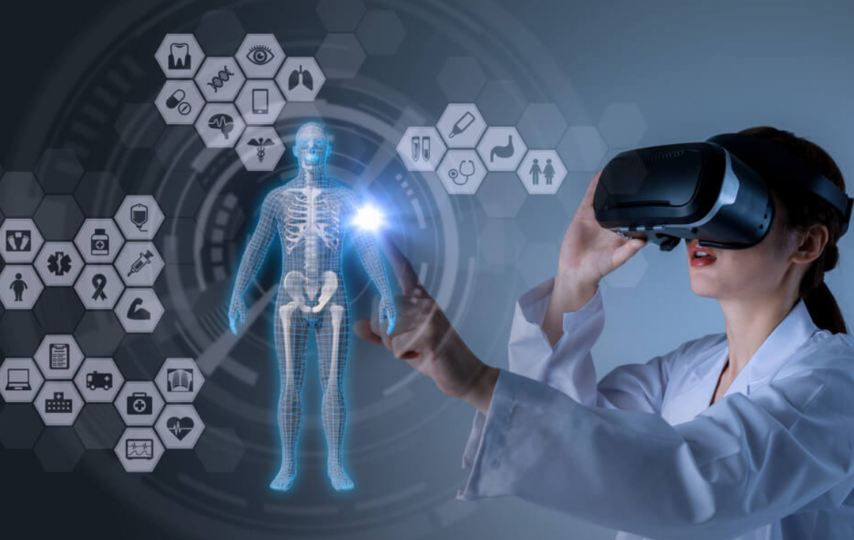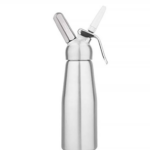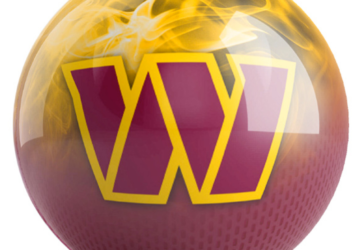The quest to find a cure for addiction is always a hot topic, particularly at present where addiction is rife.
Across the world, more and more people are struggling with alcohol problems, while the opioid crisis continues to be hugely catastrophic, with thousands upon thousands of people dying daily as a result. And while the likes of fentanyl and heroin rehab is hugely impactful for many people’s lives, it will never be a cure.
However, while there isn’t a cure available, scientists and technological advancements are improving recovery rates and people staying in recovery from addiction dramatically. In more recent times, the rise of virtual reality technology has been cited as a way to improve addiction recovery, but is it the answer and what exactly can it do for us?
It provides immersive therapy environments
A big part of how virtual reality is to be used in rehab is through immersive therapy which helps simulate real-life scenarios and explore how a person suffering from addiction can overcome certain challenges and trigger points. It’s all about recognising the signs in a more controlled and supported environment and finding the coping strategies to effectively overcome them.
While this is already taught in rehab, the immersive environment can be hugely beneficial in really drilling home the process for coping more effectively.
You can put coping mechanisms into practice during CBT
Virtual reality allows people to take part in cognitive behavioural therapy anytime, anywhere while also making it a more developed experience, providing interactive scenarios where a person can practice coping strategies during sessions.
It can challenge and enhance decision making skills and make the whole process of CBT a much more engaging experience.
You can practice mindfulness and stress reduction techniques
Across all forms of rehabilitation, mindfulness plays a crucial role, helping manage stress and create clarity and focus in one’s mind. There are already many meditation apps available for virtual reality that can transport you into a serene environment and walk you through all the steps with guided meditations and relaxation exercises.
This can be incredibly helpful for recovery when you may be experiencing a challenging time. To try and combat that, you can simply plug in and do your exercises to destress.
It allows people to connect with virtual support groups
Support and social engagement is an important part of recovery, with virtual reality facilitating online support groups. While you can find support on sites like Facebook and Reddit, VR provides a much more engaging way to do this, speaking one-on-one with peers and sharing experiences that can really benefit one anothers recovery.
It can provide continual relapse prevention training and support
Just because a person may have left rehab, they will still need support and relapse prevention training and support can be offered on regular occasions to keep people’s mind focused and effective during such challenges. It can really empower and encourage people during difficult times to make the right decisions in a controlled environment, and take those skills into the real-world.
It can gradually expose people to challenges
Finally, gradual exposure therapy becomes much more efficient with the controlled nature of virtual reality. This type of therapy is an important part of a person’s recovery, but VR offers the opportunity to work at a pace to suit them rather than being thrown in at the deep end.
On the whole, virtual reality in addiction treatment and recovery is all about building resilience, providing support whenever, whenever and allowing people to build the confidence to cope with the challenges they’ll face in the real world, and that is undoubtedly going to transform addiction treatment over the next few years as the technology not only advances but becomes more accessible to all too.








